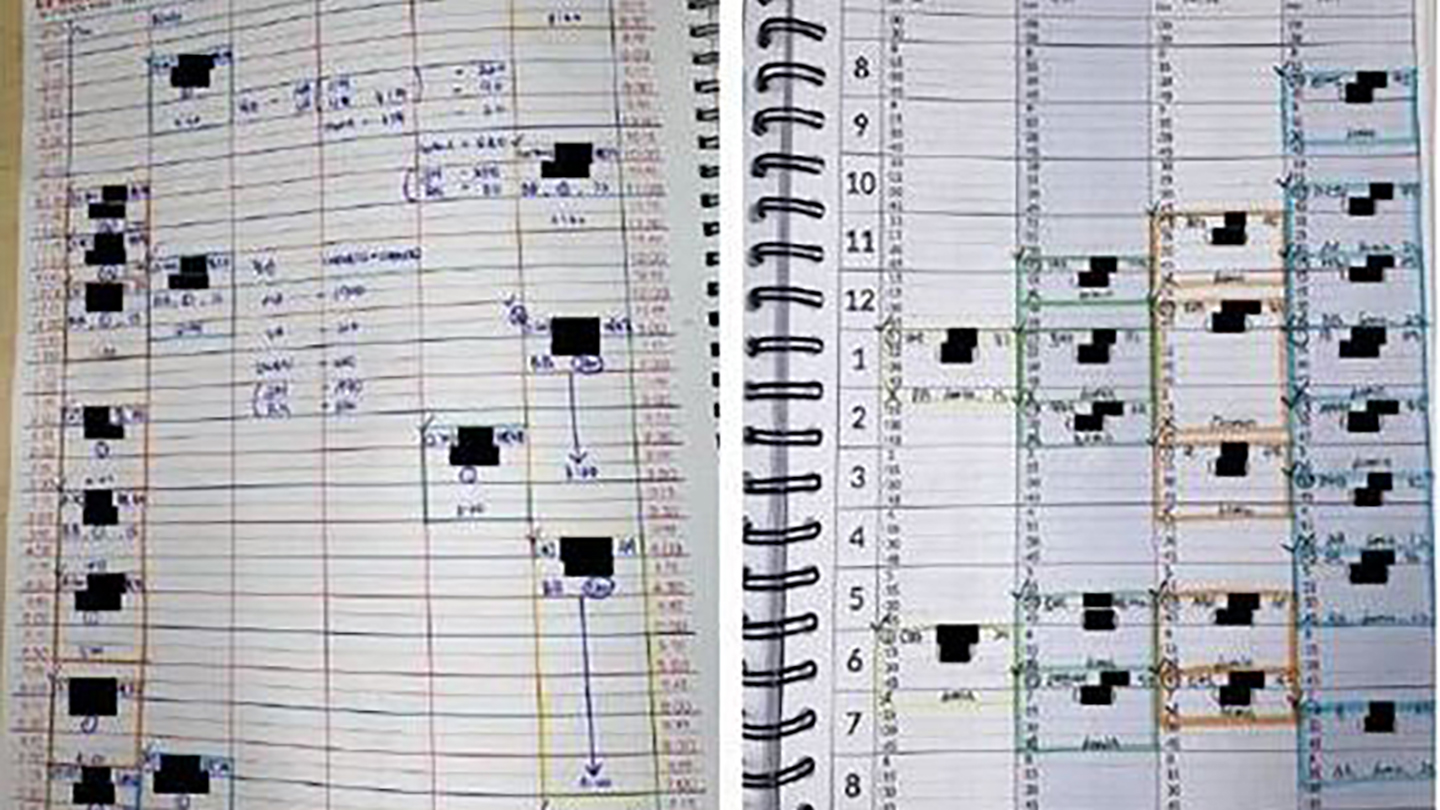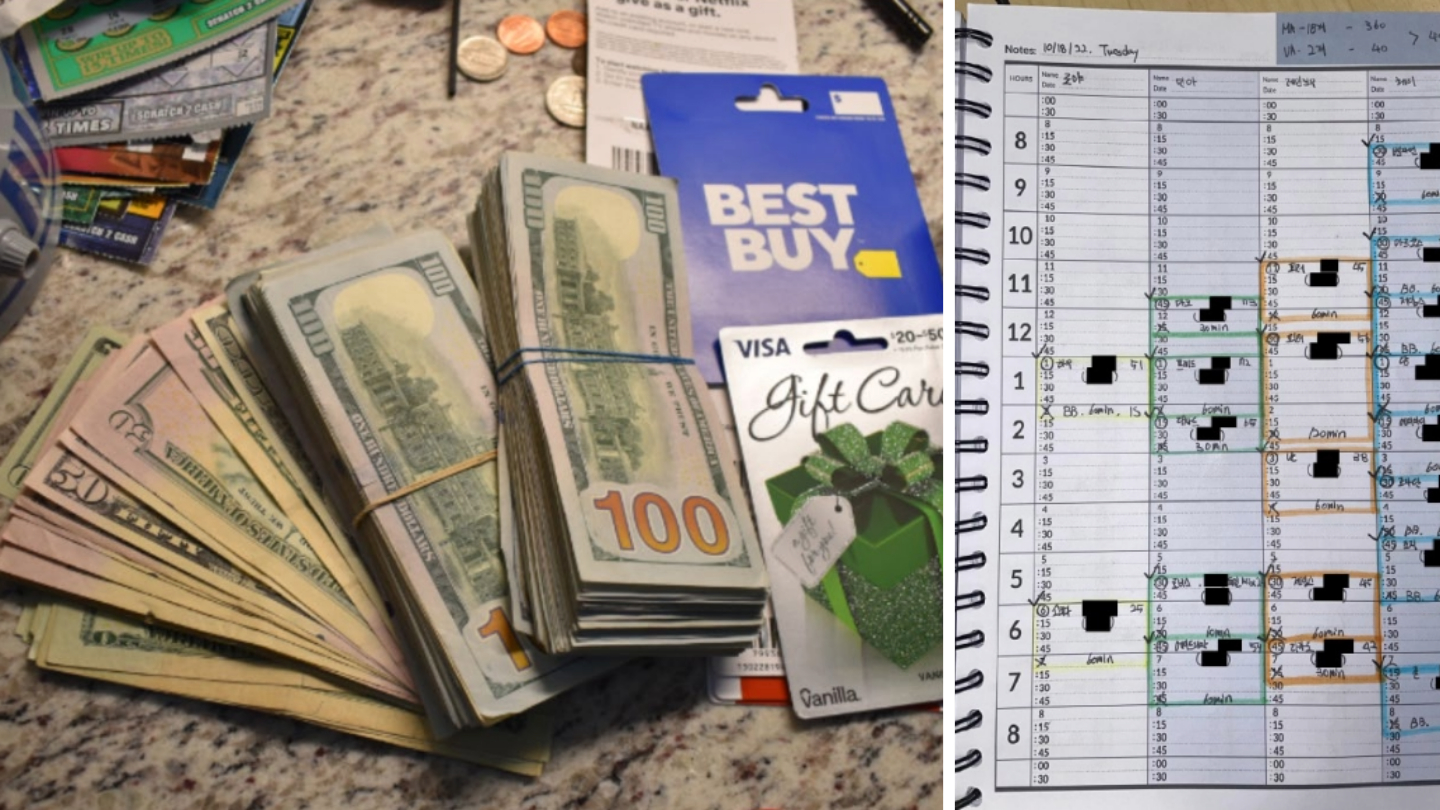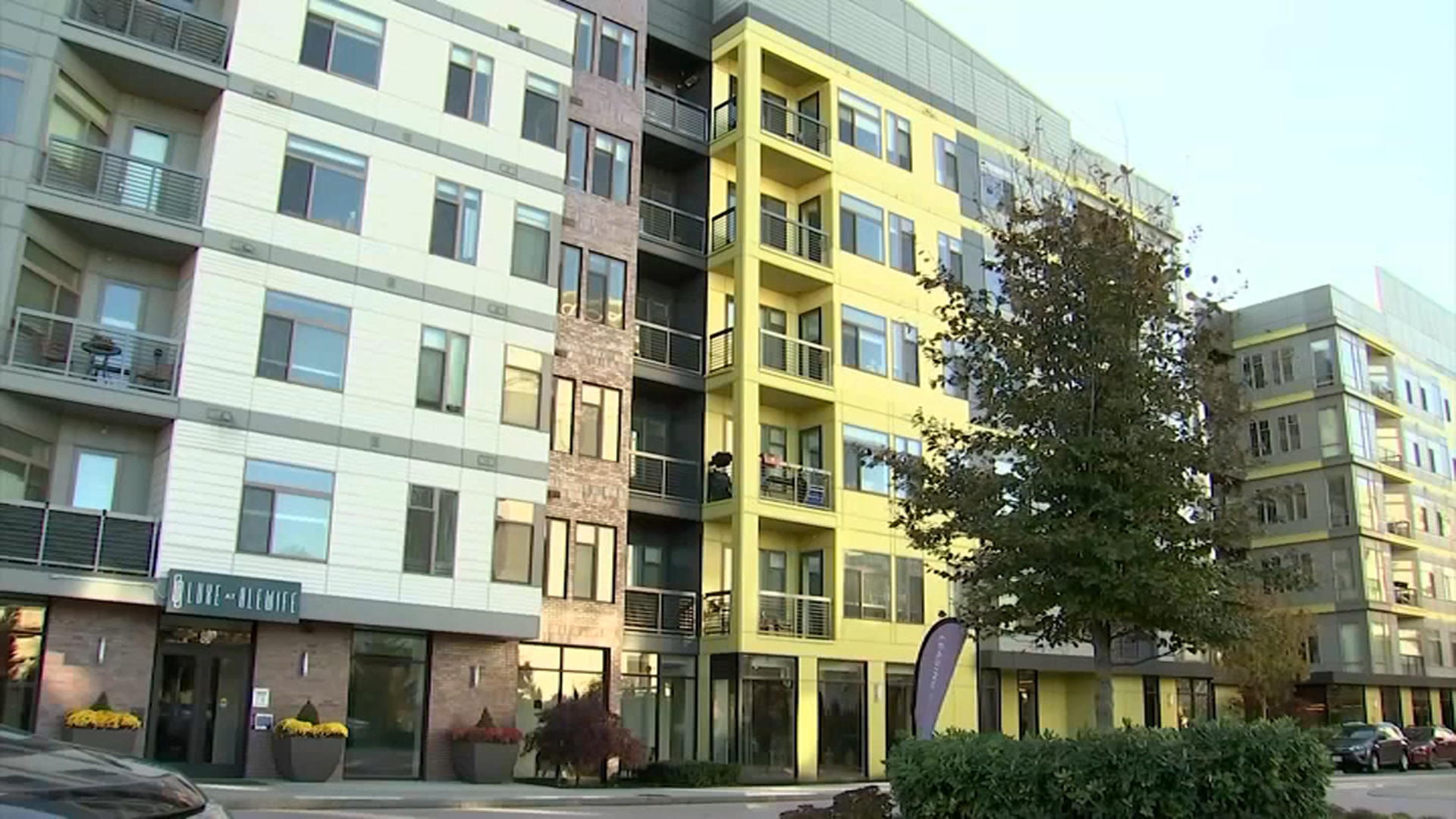The show cause hearings for more than two dozen people accused of paying for sex in a high-profile brothel bust should be made public, the highest court in Massachusetts has ruled, though the paperwork concerning the cases will remain out of the public eye before then.
In an opinion released Thursday, the Supreme Judicial Court ended the legal debate.
WATCH ANYTIME FOR FREE
>Stream NBC10 Boston news for free, 24/7, wherever you are. |
It all started last November, with the arrest of three people accused of running a high-end brothel network in Massachusetts and Virginia. While the names of those three people were released, there was debate over whether to name the alleged buyers, who were initially described by federal investigators as elected officials, doctors, military officers, government contractors and other positions of influence and power. Those alleged buyers were subject to so-called show cause hearings - hearings to determine if there is probable cause to believe a crime was committed.
Typically, show cause hearings are held behind closed doors and only become public if a clerk magistrate determines there is enough probable cause to move forward with criminal charges.
Get updates on what's happening in Boston to your inbox. Sign up for our >News Headlines newsletter.
In this case, several media outlets, including NBC10 Boston, argued the cases should be held in the open because of high public interest and to promote transparency in the process. The Cambridge clerk magistrate agreed last December. However, she denied a request to make the court documents available prior to the proceedings.
But many of the alleged buyers took issue, eventually bringing the case up to the SJC, which ruled that the clerk's original decision should stand. In the opinion the court wrote that she "raised legitimate public concerns about potential favoritism and bias if such hearings were held behind closed doors, and that these concerns outweighed the interests in continued anonymity for the Does."
They further agreed that the clerk magistrate was within her discretion when denying access to the pending complaint applications, writing:
“The disclosure of an application, prior to the show cause hearing at which it would be considered, would place the information before the public without giving the accused the chance to respond to the accusation, as he would have at the hearing itself.”
So far, the names of the 28 people accused of paying for sex at the brothels have not been released. But two of the three people charged with running the network have pleaded guilty.




